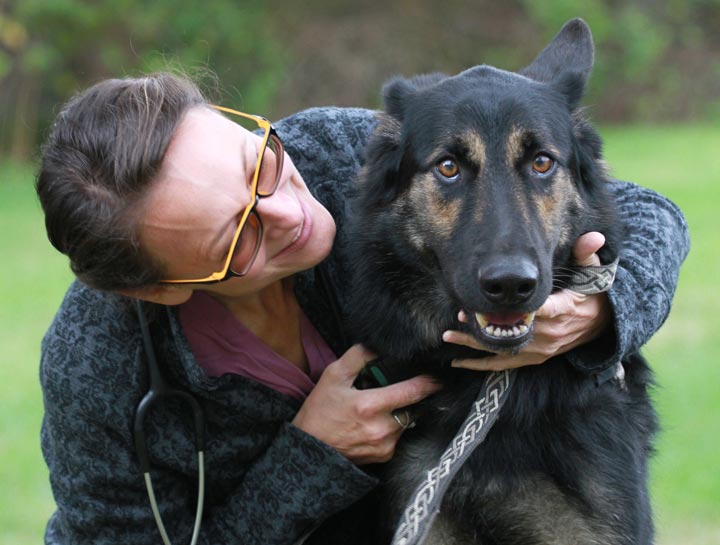Preparing for Your Pet's Veterinary Visit

Whether you are the proud owner of a puppy or kitten, a newly adopted pet, or a senior companion animal, it is imperative to your pet's wellbeing to schedule an annual wellness checkup with one of our compassionate veterinarians. These routine exams allow us to evaluate and track your pet's general health, as well as aid in the prevention of early onset disease, illness, and other small animal conditions. Such preventive measures can make a world of difference in your pet's longevity and quality of life.
Preparing for a Wellness Visit: What Should I Bring?
- Stool sample
- Urine sample if your pet is showing signs of:
- Increased thirst
- Excessive urination
- Blood in the urine
- List of medications and nutritional supplements being given to your pet
- Prior vaccination and medical history records if your pet has received care from another veterinary practice
- List of unusual behavior such as:
- Coughing
- Diarrhea
- Excessive eating, drinking, panting, scratching, or urination
- Vomiting
- Weight gain or loss
- Sudden change in exercise routine or energy
- List of questions you may have
If you are a new client, please plan to arrive 10–15 minutes early.
During a pet wellness visit, the veterinarian will examine the following areas for abnormalities:
- Vital statistics (weight, temperature, pulse, and breathing rate)
- Ears
- Eyes
- Mouth (including teeth and gums)
- Nose
- Heart and lungs
- Reproductive organs
- Skin
- Head to toe assessment searching for organ problems, tumors, pain, or any conditions of the joints, muscles, or lymph nodes
- Wellness blood work
Pet Vaccinations
After assessment, the veterinarian will discuss with you a vaccination plan that is customized for your pet depending on many factors such as lifestyle and risk level. Our goal is to best protect your companion animal from disease while also limiting the frequency with which vaccinations are administered.
